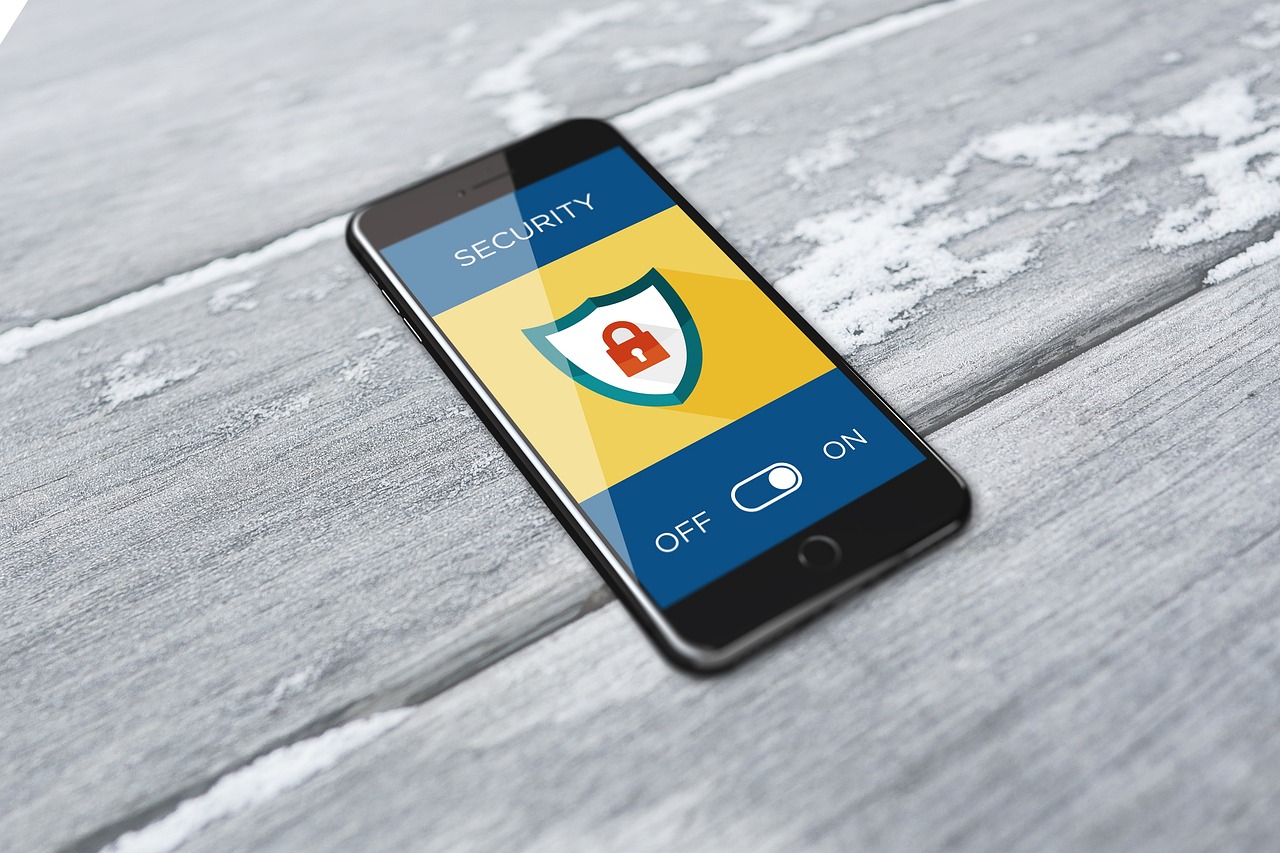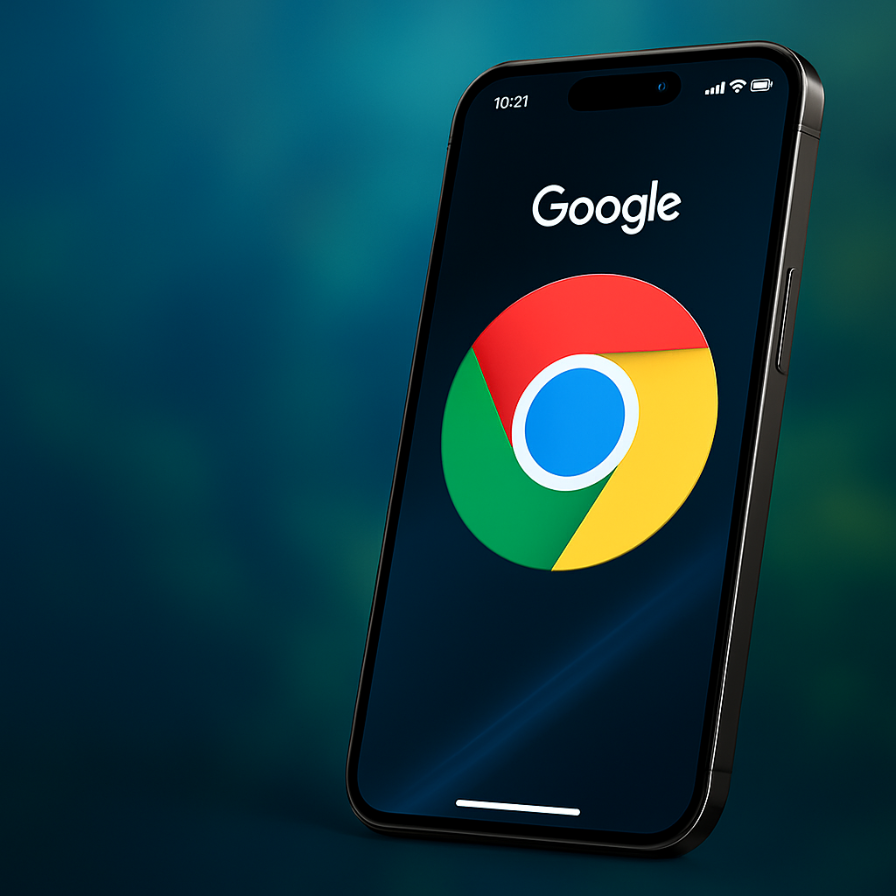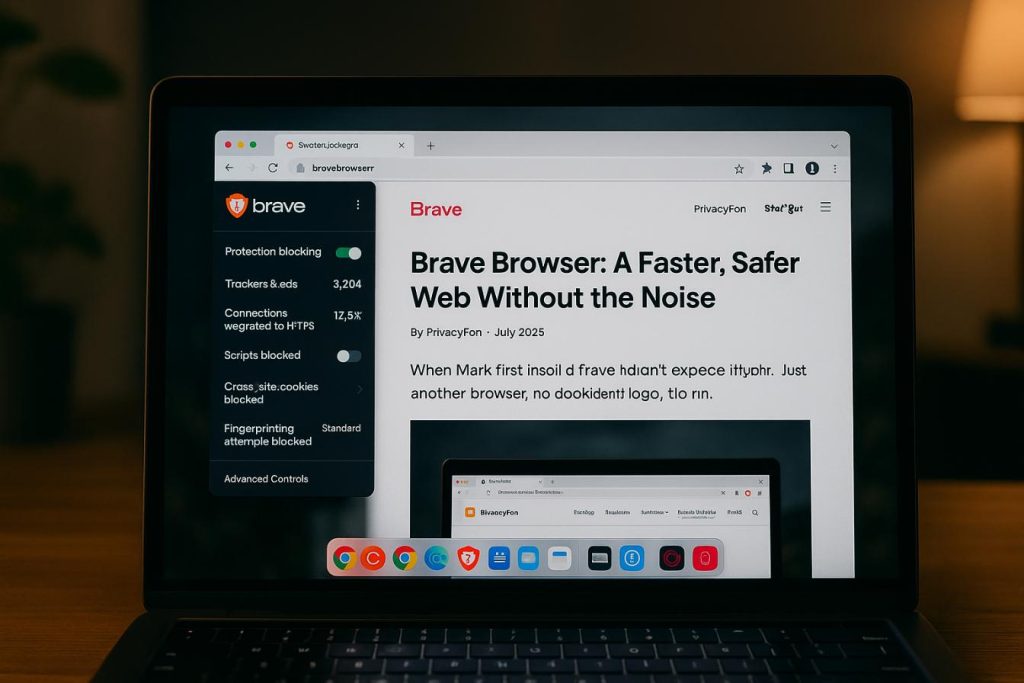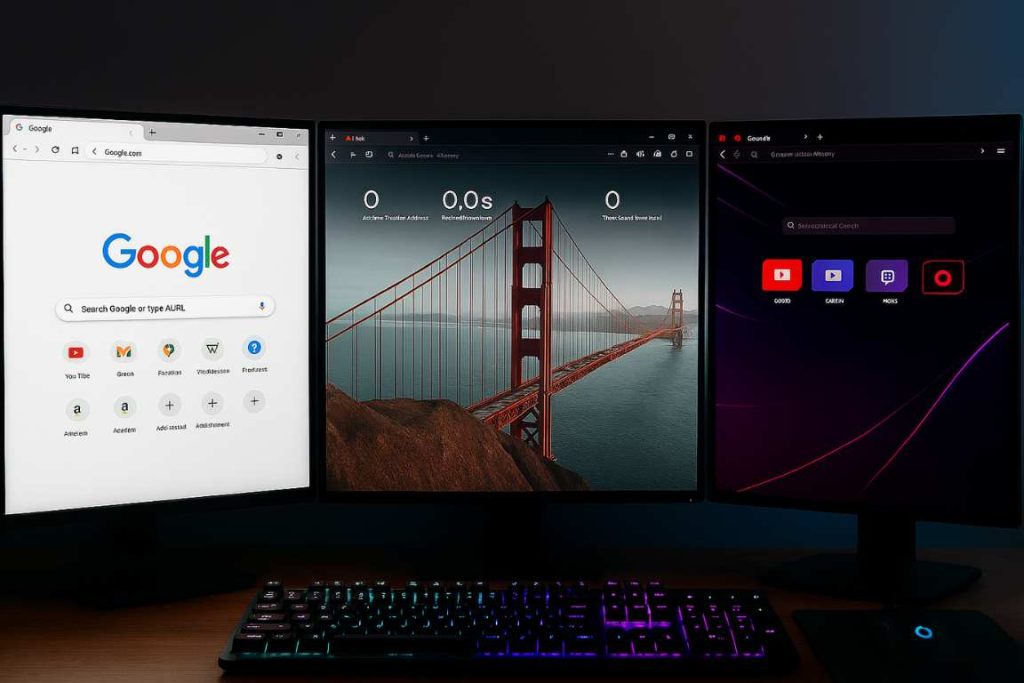
Picture this: You’re traveling. Maybe you’re working from a sunny terrace in Lisbon, waiting at an airport lounge in Dubai, or sipping espresso at a café in Paris. You connect to public Wi-Fi, your phone dings, and you check your email. In seconds, you’re scrolling, replying, even opening your banking app.
But here’s the scary part: so could someone else.
In 2025, public Wi-Fi isn’t just convenient it’s dangerous. And if you’re not using a VPN (Virtual Private Network), you’re basically leaving your personal life on display.
The hidden dangers of public Wi-Fi
Most people think the biggest risk of public Wi-Fi is a slow connection. But the real threat? cyber snooping.
Here’s what can happen when you connect without protection:
- Hackers can intercept your data (emails, passwords, credit card numbers).
- Fake “free Wi-Fi” networks can trick you into logging in.
- Your IP address, location, and browsing habits are exposed.
It’s like shouting your bank password across a crowded room and hoping no one listens.
Now imagine this happening while you’re checking your email during a layover. Scary, right?
So what does a VPN actually Do?
A VPN creates a secure, encrypted tunnel between your device and the internet. Think of it as an invisibility cloak for your digital activity.
With a VPN:
- Your IP address is hidden.
- Your data is encrypted, so even if someone captures it, they can’t read it.
- You can browse safely, even on shady networks.
This is especially important for digital nomads, remote workers, and frequent travelers — the people who rely on public Wi-Fi the most.
Even if you’re just someone who occasionally checks email in a coffee shop, a VPN makes all the difference.
Why 2025 is different (and more dangerous)
Cybercrime is evolving fast. In 2025:
- AI-powered tools can scan unsecured networks in seconds.
- Man-in-the-middle attacks are more sophisticated than ever.
- Even your mobile hotspot isn’t always safe anymore.
But the good news is VPN technology has kept up. Modern protocols like WireGuard and IKEv2 are faster, lighter, and more secure than ever.
And yes, there are great free options out there.
When are you most at risk? You’d be surprised
Let’s be honest most of us use public Wi-Fi without thinking twice. But here’s when you’re most vulnerable:
- Checking email at the airport
- Logging into your bank app from a hotel
- Shopping online from a mall’s free Wi-Fi
- Using messaging apps at a coworking space
- Watching YouTube or Netflix from a random café
Unless you’re using a VPN, each one of those actions can be intercepted or monitored.
Can free VPNs really protect you?
Yes but only if you pick carefully.
Some free VPNs bombard you with ads or worse, collect and sell your data. But others? Surprisingly reliable. Look for:
- AES-256 encryption
- A strict no-logs policy
- Transparent privacy terms
- WireGuard or OpenVPN protocol
Also, avoid VPNs that ask for access to your photos, contacts, or messages. That’s a red flag.
Recommended free VPNs for 2025
(For a more complete list, check out our dedicated article on The Best Free VPNs for 2025.)
Here’s a shortlist of solid, tested options:
ProtonVPN Free
- Unlimited data
- AES-256 encryption
- Servers in 3 countries (US, Netherlands, Japan)
Windscribe Free
- 10GB/month
- Built-in ad and tracker blocker
- Good speeds and over 10 locations
Atlas VPN Free
- WireGuard supported
- 5GB/month
- Good for casual browsing
TunnelBear Free
- Beginner-friendly
- 500MB/month (can increase with referrals)
- Visual interface
Hide.me Free
- 10GB/month
- Includes kill switch and split tunneling
- No annoying ads
These options won’t replace a paid VPN for power users, but for daily mobile use? They get the job done.
Will using a VPN slow you down?
A bit, yes. Any VPN routes your data through an extra server. But for most tasks checking emails, messaging, social media the speed difference is barely noticeable.
To improve your speed:
- Connect to the nearest server
- Use WireGuard or IKEv2
- Avoid peak hours (late afternoon or weekends)
- Close unnecessary apps in the background
Installing a VPN takes two minutes
Here’s how to get started:
- Go to your App Store or Google Play
- Search for your chosen VPN (e.g., ProtonVPN)
- Download and install the app
- Create a free account if needed
- Choose a server and tap “Connect”
You’re now protected.
Bonus tip: Enable auto-connect when you’re on public Wi-Fi. Some apps offer this for extra peace of mind.
One last thing before you go
Still wondering if a VPN is worth the hassle? Think about this: every time you connect to public Wi-Fi without one, you’re placing blind trust in a network you know nothing about. It’s like getting into a stranger’s car and hoping for the best. The risks are silent, invisible but very real. That quick email check or social scroll could cost you more than you think.
Final thoughts: Don’t get comfortable on public Wi-Fi
Just because a network says “Free Wi-Fi” doesn’t mean it’s safe.
In 2025, data is currency. Hackers are more patient, more creative, and more automated than ever. Protecting yourself isn’t optional anymore.
If you wouldn’t leave your front door wide open at night, don’t leave your online activity unprotected.
Use a VPN. Browse with confidence. And make mobile security part of your everyday routine.
Because your privacy matters and now, it doesn’t have to cost a thing.






